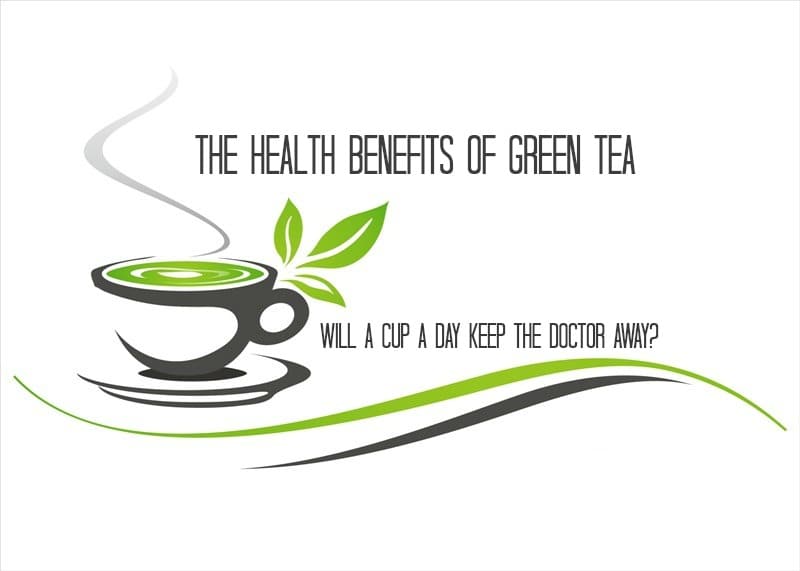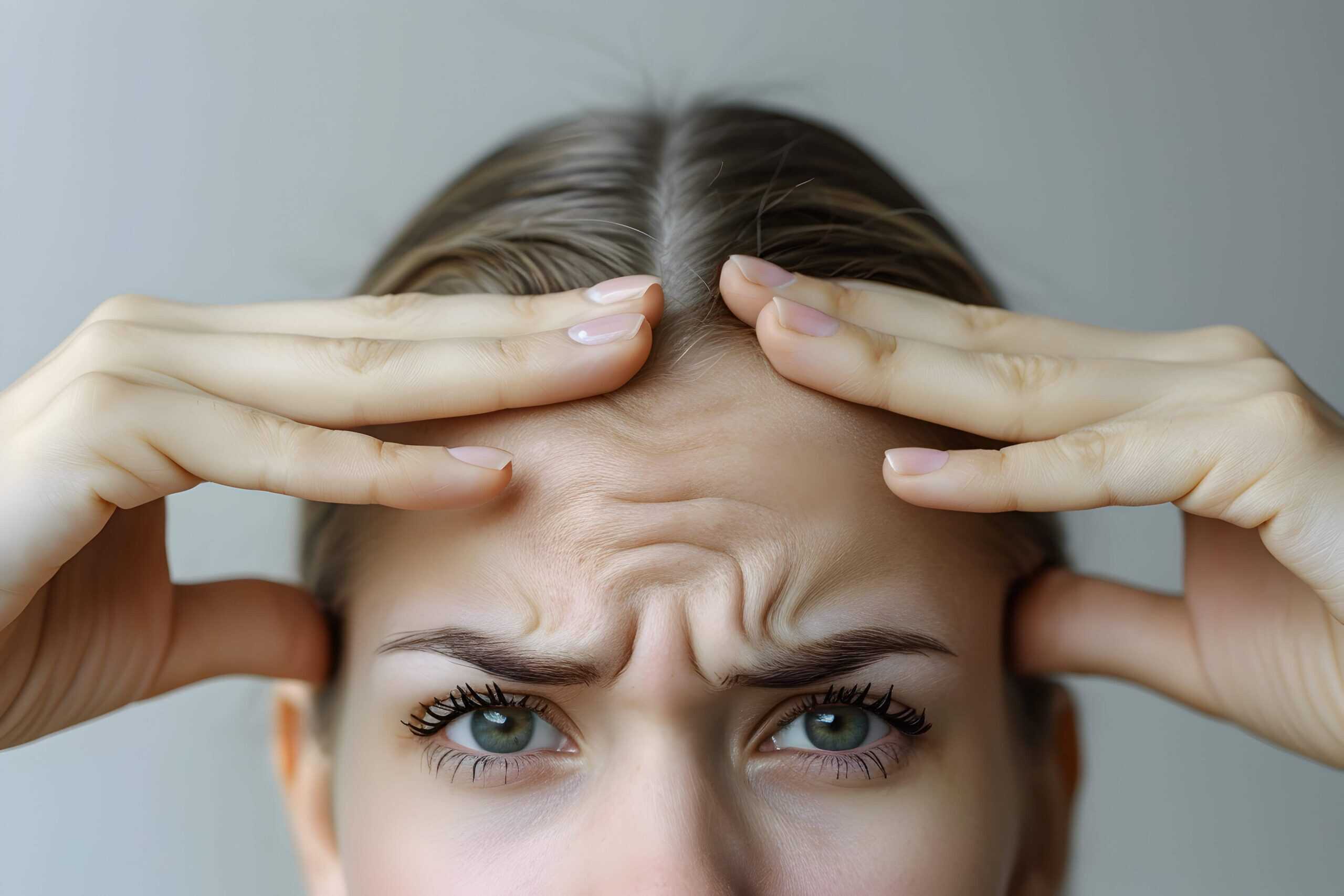With rising discussion and a variety of health claims about the benefits of Green tea, many studies are being done to determine facts.
First of all, you might be wondering, “What is Green tea?” Green Tea has been a staple beverage in Asian cultures for centuries, but has recently been gaining popularity, especially in America. Green tea is made from unfermented leaves that have undergone minimal oxidation during processing.
So, will a cup a day keep the doctor away?
Green Tea leaves contain high concentrations of polyphenols. Polyphenols are antioxidants, which fight free radicals. Free radicals are dangerous to cells. They don’t just kill cells, they damage them, leaving them open for decay and disease. Consuming plenty of antioxidants to fight off those wicked free radicals can only be good for your body and skin.
Looking at population studies alone, it is found that cultures who consume higher quantities of Green Tea experience lower risk for coronary artery disease, lower cancer rates, lower total cholesterol and higher HDL (good) cholesterol. While it can’t be known for sure that these are directly related to green tea consumption, studies highly point to that possibility. Clinical studies, still in the early stages, suggest that the antioxidants and catechins (ECGC) found in green tea may help protect cells against damage and even kill cancerous cells.
Those catechins may also be to thank for green tea’s weight loss properties. Clinical studies suggest that the extract from the green tea leaf may also help burn fat.
Green Tea HP is an excellent supplement for getting the benefits of green tea in great flavors. TimeLess suggests replacing 2 drinks a day with Green Tea HP to help kick a soda habit and aid in weight loss.
Sources:
Green Tea | University of Maryland Medical Center
Tea & Cancer Prevention: Strengths & Limits of the Evidence | National Cancer Institute







